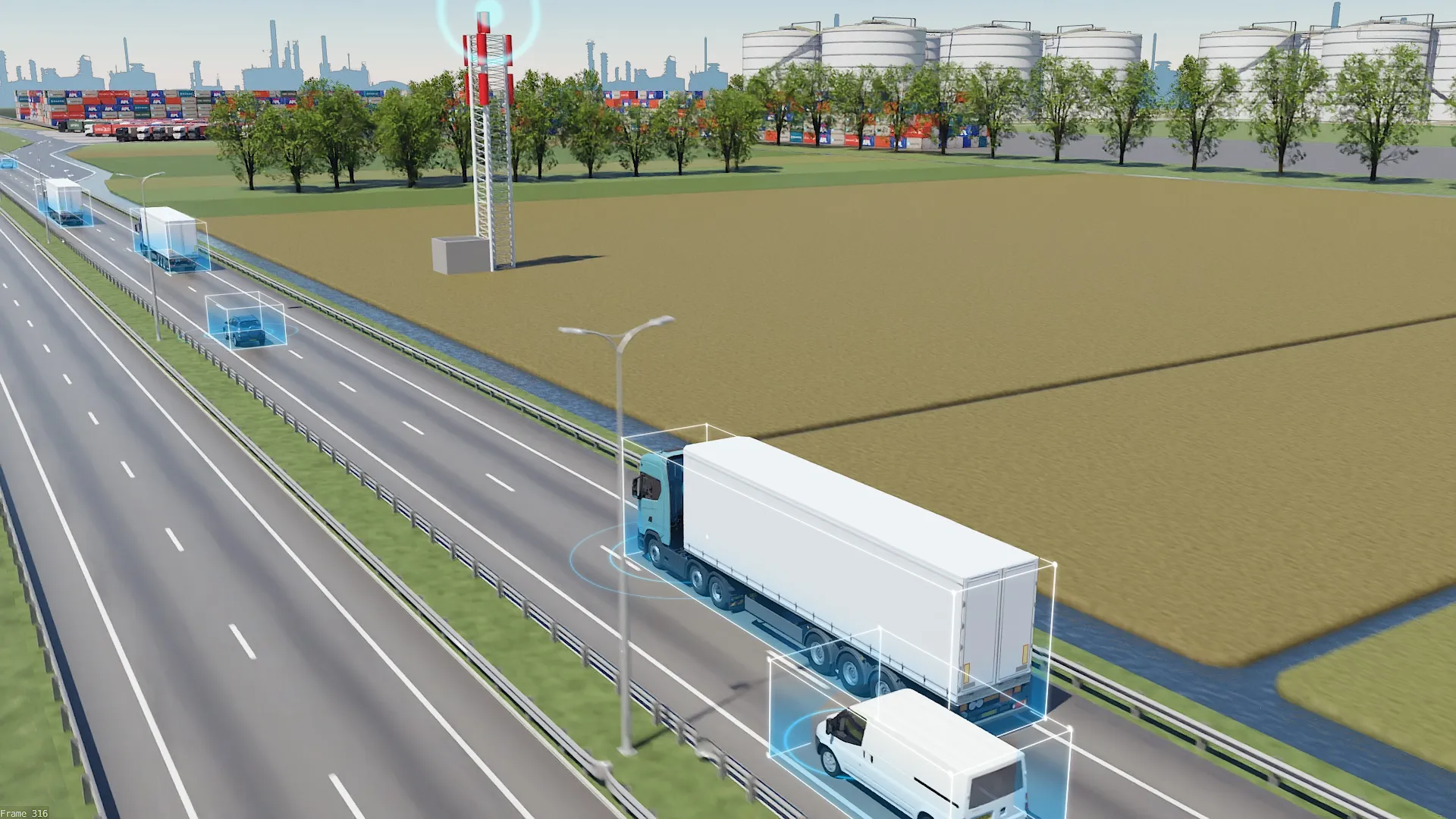Connected car production is growing rapidly in both mature and emerging automobile markets, according to the latest forecast by
Gartner defines the connected car as an automobile that is capable of bidirectional wireless communication with an external network for the purpose of delivering digital content and services, transmitting telemetry data from the vehicle, enabling remote monitoring and control, or managing in-vehicle systems.
"The connected vehicle is the foundation for fundamental opportunities and disruptions in the automotive industry and many other vertical industries," said James Hines, research director at Gartner. "Connected vehicles will continue to generate new product and service innovations, create new companies, enable new value propositions and business models, and introduce the new era of smart mobility, in which the focus of the automotive industry shifts from individual car ownership to a more service-centric view of personal mobility."
Connected car technology will create opportunities for automakers to generate post-sale profits through sales of additional services and feature upgrades, as well as enhance brand loyalty through a more personalised customer experience. It will also enable innovations in adjacent businesses, such as insurance, car rentals, car- and ride-sharing services, and electric vehicle charging.
Gartner predicts that future connected car applications will drive a 150 percent increase in demand for contextual information, such as image detection and geolocation, from 2016 through 2020.
"As cars become more automated, they are being equipped with an increasing array of sensing technologies, including cameras and radar systems," said Mr. Hines. "Many automobiles will use image detection as the primary means to identify and classify objects in the vicinity of the vehicle so they can provide more sophisticated responses and even have autonomous control."
To become more automated, and also cleaner, automobiles will require five percent more embedded processing functions, year over year, from 2016 through 2020. Automated driving functions, such as adaptive cruise control, collision avoidance and lane departure warning systems, necessitate real-time camera and sensor data processing and pattern recognition. Improving fuel efficiency and reducing emissions necessitate sophisticated engine and transmission control systems.
Gartner says connected car production to grow rapidly over next five years
Connected car production is growing rapidly in both mature and emerging automobile markets, according to the latest forecast by Gartner, Forecast: Connected Car Production, Worldwide. The production of new automobiles equipped with data connectivity, either through a built-in communications module or by a tether to a mobile device, is forecast to reach 12.4 million in 2016 and increase to 61 million in 2020.
October 7, 2016
Read time: 2 mins









